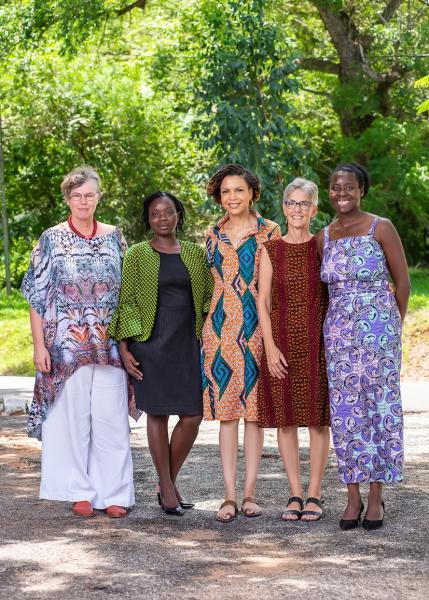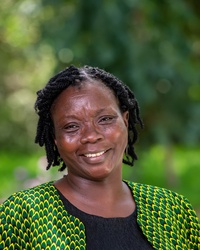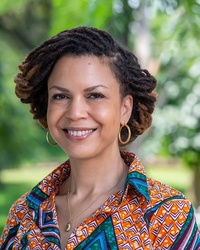In Africa, significant regional disparities in women’s presence in political office exist, with West Africa lagging behind East and Southern Africa. This is despite women’s substantial participation in politics in precolonial and colonial periods. Postcolonial West Africa experienced military rule and conflict, creating negative legacies but also some opportunities via disruptions to gender relations. Following democratic transitions in recent decades, the landscape has changed dramatically with Senegal adopting a gender parity law for the National Assembly, but other countries like Nigeria remaining at the bottom of women’s representation in parliament. Regardless of numerical representation in political offices across West Africa, women have significant political presence across the region with pre-independence precedents. This research aims to investigate the history and possibilities across West Africa for women’s increased presence in politics, focusing on breakthroughs in political office, the political influence of women merchants, women building religious organizations and transatlantic alliances, as well as the life trajectories that cross these categories–moving from business and religion to political office and transnational organizing.
You are currently viewing a placeholder content from X. To access the actual content, click the button below. Please note that doing so will share data with third-party providers.
More Information








